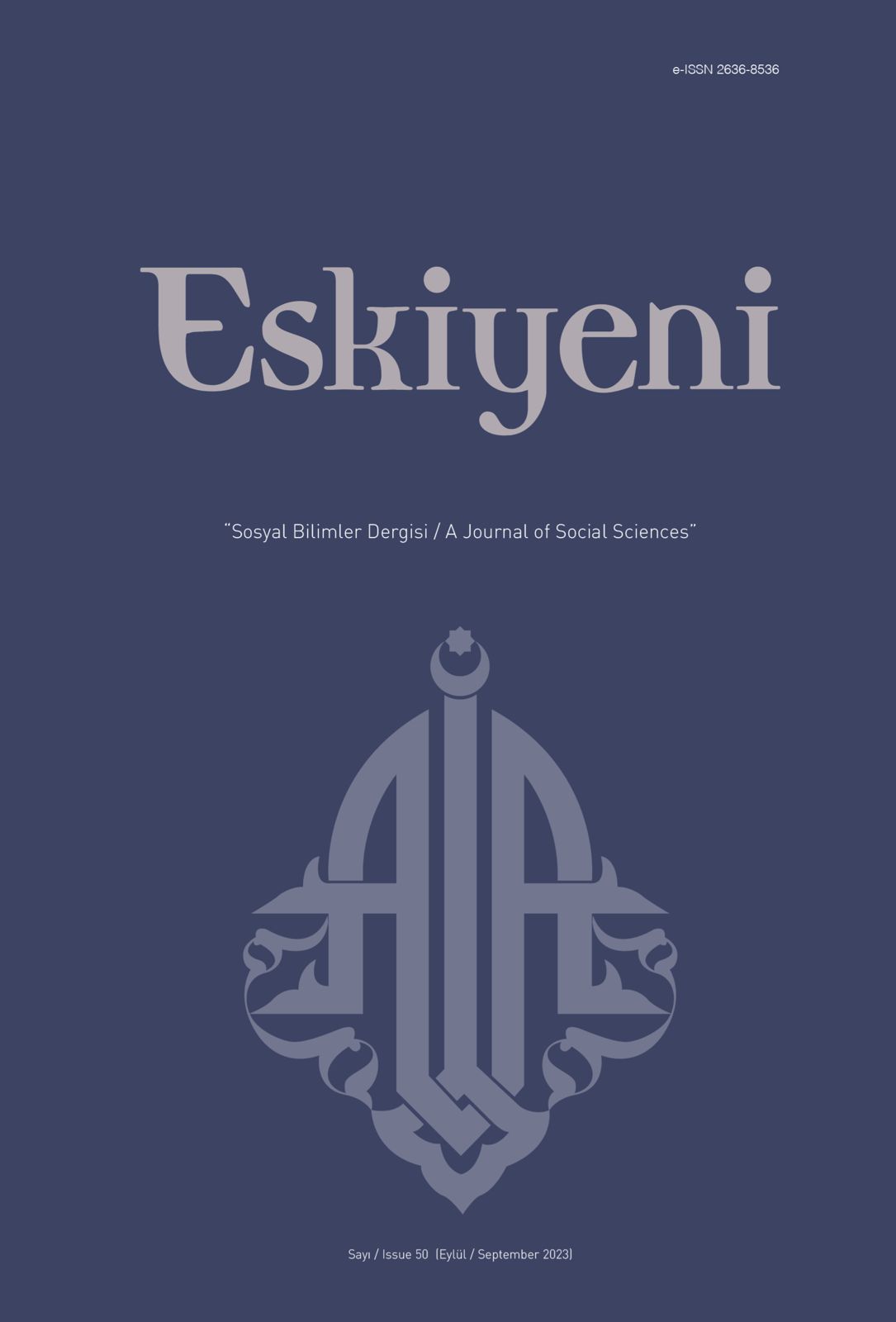Muhammed Abduh’un Hikmet Kavramına Yaklaşımı
Muhammad Abduh’s Approach to the Concept of Wisdom (Hikmah)
Author(s): Ahmet Çelik, Buket AtamanSubject(s): Theology and Religion, Islam studies, History of Islam, Contemporary Islamic Thought
Published by: Anadolu İlahiyat Akademisi
Keywords: Islamic Theology; Muhammad Abduh; Wisdom (Hikmah); Religious Discourse; Renewal; Relationship between Religion and Reason;
Summary/Abstract: Muhammad Abduh is a significant thinker who lived in Egypt during the peroiod of “the new ‘ilm al-kalâm”. His writings made an impact on Islamic philosophy. He aimed to provide the world of Islamic thought a fresh rational perspective. He sought to arrive at the logical and scientific foundations of religion. In this regard, he valued knowledge of and access to data from modern science. By highlighting the significance of the connection between reason and science, Abduh hoped to make the role of religion more effective. because as time passed, the 19th century’s conditions in the world and its mentality significantly changed. He created discourses against the Western world’s misleading currents and philosophical tendencies against Islam for this reason. In his discourses, Abduh employed the concept of "wisdom" (hikmah) as a method. In response to the absolute rationalist and determinist interpretation of science that has been formed, particularly in the West in the current century, he believed it would be suitable to describe Islam with the concept of wisdom. Abduh desired that Muslims have a voice in all spheres, including sociology, psychology, science, and technology. Abduh struggled to accomplish these objectives as well as to revive and revitalize the structure of religious thought. He reflected on God’s actions, and those of His creatures, and the purposes of religion using the concept of wisdom as a tool and approach. Instead than becoming caught down in specifics or theoretical discussions on the nature and attributes of God as in classical theology, he favored a different approach for this aim. For this reason, ‘Abduh emphasized the value of reflecting on the wisdom and purposes of the texts as well as the creation as a whole. In his intellectual world, his goals were to establish a jurisprudence that is appropriate for the requirements of people, to grasp the meanings in the essence of creatures, to know the reasons of the creation of the universe, and to make accurate interpretations in accordance with the spirit of the Qur’an. He believed that using wisdom would be the best way to accomplish these objectives. Abduh attempted to combat fanaticism and imitation at the same time with his original interpretations and rationalist approaches brought about by wisdom. He claimed that wisdom, which is the sound knowledge, rules the will and motivates a person to take action. He placed more emphasis on wisdom’s practical side, which motivates individuals to take action, than its theoretical one. According to him, man is capable of knowing the true secrets of the Shari’ah with wisdom. Because a believer ought to be aware that religion entails understanding the wisdom behind the religious deeds, which entails submission to Allah. Reason can open the gates of ijtihad in Islamic thought. Man advances toward the original Creator of everything, the First Cause of all causes, in this way by correctly grasping the cause and effect relationship in nature. On the basis of contemporary cosmological examples from the states of celestial bodies, Abduh—who gave the principle of causality a lot of weight—drew attention to the principle of cause and effect. He supported the causation, order, and rules in the natural laws using by this argument. He did not respect coincidences, stories, or mysteries, instead emphasizing the connection between wisdom and science. According to him, isdom is the pathway to religion; the power and rationale behind the particular order that rules the cosmos is appreciated. The prophets and the Qur’an were sent to make clear the monotheism’s wisdom. Drawing a lesson from the creation will help a man reach tawheed (the unity of Gpd), and wisdom is the way to drwaing a lesson. These remarks demonstrate Abduh’s acceptance of knowledge as a means of renewal religious thought. Compared to the traditional theological discourse of wisdom, this discourse is distinctive. Because there are several theoretical disputes in the traditional religious discourse of wisdom. On the other side, Abduh emphasizes the kinship of religion and science with a different depth of wisdom and reflection on divine actions and creatures in an effort to encourage Muslims to raise in the face of the West.
Journal: Eskiyeni
- Issue Year: 2023
- Issue No: 50
- Page Range: 631-657
- Page Count: 27
- Language: Turkish

